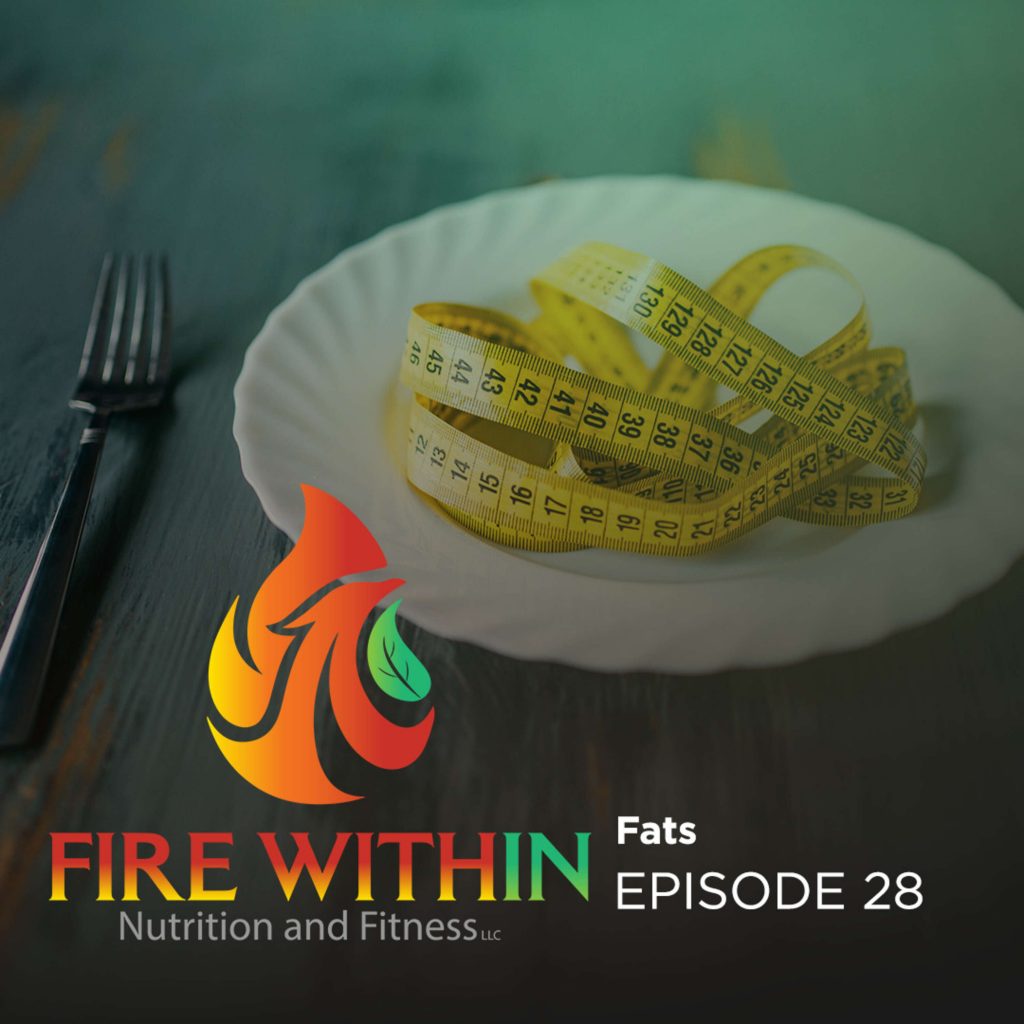Who is responsible for our misunderstanding of “fat?”
Ancel Keys is largely responsible for how government dietary guidelines were shaped.
He argued that dietary saturated fat caused cardiovascular heart diseases and should be avoided.
The data used to support this was selective and biased. Keys cherry-picked what he wanted and ignored data that undermined his argument.
He completely ignored the harmful effects of sugar and advocated replacing saturated fats with polyunsaturated vegetable oils.Powerful farming interests backed his arguments. By the late 1970s government and media had accepted that a low-fat diet was ideal and polyunsaturated oils are much healthier than supposedly dangerous saturated fats thus starting the promotion of vegetable oils as healthy food.
Chemically stable monounsaturated fats form the myelin that protects neurons and nerve cells and enhances neuron transmission. Foods rich in monounsaturated fats include olive oil, avocados, eggs, and macadamia nuts.
Cholesterol is vital in the circulatory system and integral to cell membranes. It is also crucial in producing vitamin D, hormones, myelin (which coats nerves and brain cells), and the neurotransmitters needed for thought and memory. Dietary cholesterol is not an issue for most people (although there are some genetic exceptions).
High cholesterol levels are not necessarily bad for health. The highly regarded Framingham Heart Study found the people who lived the longest actually had the highest cholesterol levels and better brain function.
How to Improve Cholesterol:-Regain insulin sensitivity-Eat more fibrous foods and extra virgin olive oil-Reduce or eliminate alcohol intake-Consider prolonging the period of non-carbohydrate consumption-Don’t be concerned with saturated fats in whole foods, but don’t go nuts with butter and coconut oil
Heart Disease can start in the gut!
In leaky gut syndrome, damage to the small intestine’s lining causes toxic wastes to leak into the bloodstream. The body can use cholesterol to neutralize some of these toxins, which can drive cholesterol over-production and the formation of plaques. To help protect your gut, eliminate sugar (especially added fructose), wheat, and processed foods. Eat lots of fiber, probiotic foods, and polyphenol-rich foods
-Using Statin drugs to reduce cholesterol has serious side-effects.-Statins reduce levels of the coenzyme Q10, an antioxidant important for brain health.-These drugs can reduce libido, cause memory loss, fatigue, and muscle pain. They have also been linked with Parkinson’s disease.-They are only helpful for 1 out of every 100 people that take them.-They increase the risk of developing type 2 diabetes 5 fold.
Key Take-Aways:-Hormonal imbalance especially issues with blood sugar, insulin and cortisol can cause fat storage that exercise and caloric deficit diets cannot fix-Lab testing through blood work is the best way to tell exactly what is going on in order to decide the best solution for your physiology-Blood work can help determine what diet is best, what type of exercise, what types of nutrient deficiencies are holding you back and what can be done to correct hormonal imbalance to optimize health-The demonization of healthy dietary fats is largely a result of falsified information from Ancel Keys back in the 1950s and further perpetuated to protect farming and political interests-Refined Polyunsaturated fats in oils such as vegetable and canola oils are incredibly harmful to our health, leading to inflammation and oxidative stress-Monounsaturated fats and saturated fats from whole food sources are awesome for healthMany processed vegetable oils contain trans fats which lead to heart disease-Cholesterol is not linked to heart disease, however, breakdown in cholesterol processing systems due to the byproducts of a high sugar diet is to blame-The use of statin drugs can harm our health, increase risk of diabetes, Parkinson’s disease, deteriorate brain health and are only helpful for 1 out of every 100 people they are prescribed to


